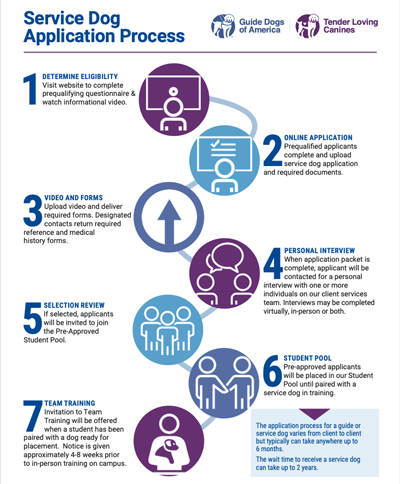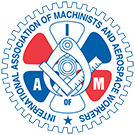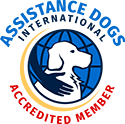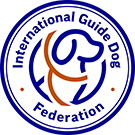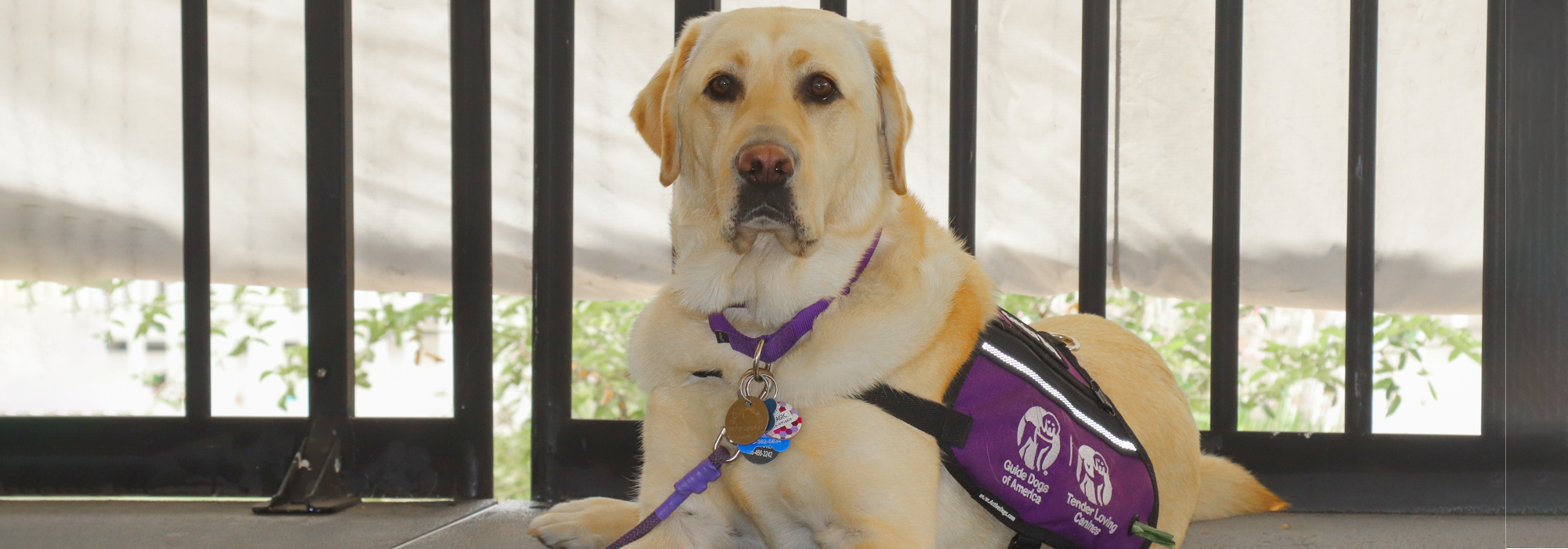
Is A Facility Dog Right For Your Facility?
Facility Dog Program
A facility dog is a specially trained dog that works with a professional in a non-profit or government setting. The dog must be trained to do specific, skilled tasks in a variety of different situations within the facility environment with multiple clients; it must be more than just a presence within the facility.
Our Facility Dogs can help vulnerable populations in the following types of facilities:
- Schools/classrooms for special needs children, handled generally by a special needs teacher or school psychologist.
- Victim advocate centers & court houses helping victims of crime through the painful and challenging experience of a criminal trial.
- Hospitals & Physical Therapy Centers helping patients through their rehabilitation, the dogs are often handled by the physical therapists, psychologists or psychiatrists.
- Residential centers for individual with disabilities. Helping through difficult times that can include in-patient treatment or end of life care.
Minimum criteria to apply for a facility dog:
- Applicant must have appropriate authorization from the facility and/or corporation, district, etc. to receive a facility dog.
- Applicant is employed by a non-profit or government agency and is serving vulnerable populations.
- Applicant is the primary handler that provides goal directed interventions which promote improvement of physical, social, emotional and cognitive abilities.
- Be able to independently complete Team Training, a hands-on training course and reside in our campus dorms in Sylmar, CA for 10 days.
- Be prepared to share detailed information that pertains to their ability to meet requirements to receive a facility dog including personal history and references.
- Ability to provide a safe, loving, healthy and stable home for a service dog.
- Ability to provide for the dog’s physical, psychological and financial needs
Complete a Prequalifying Questionnaire »IMPORTANT NOTICE: The demand for a service dog far outweighs our available service dogs in training and we do not guarantee that every applicant will receive a dog. We screen and interview applicants whose needs match the strengths and skills of our dogs.
PLEASE NOTE: Due to the volume of submissions, it may take up to two weeks to receive a response regarding pre-qualification. We appreciate your patience and understanding.
CONTACT US
The contact person for Admissions and Graduate Services is Hanna Belyea. To request an application packet for admission, please call (818) 833-6442, or email us at: tlcadmissions@guidedogsofamerica.org
